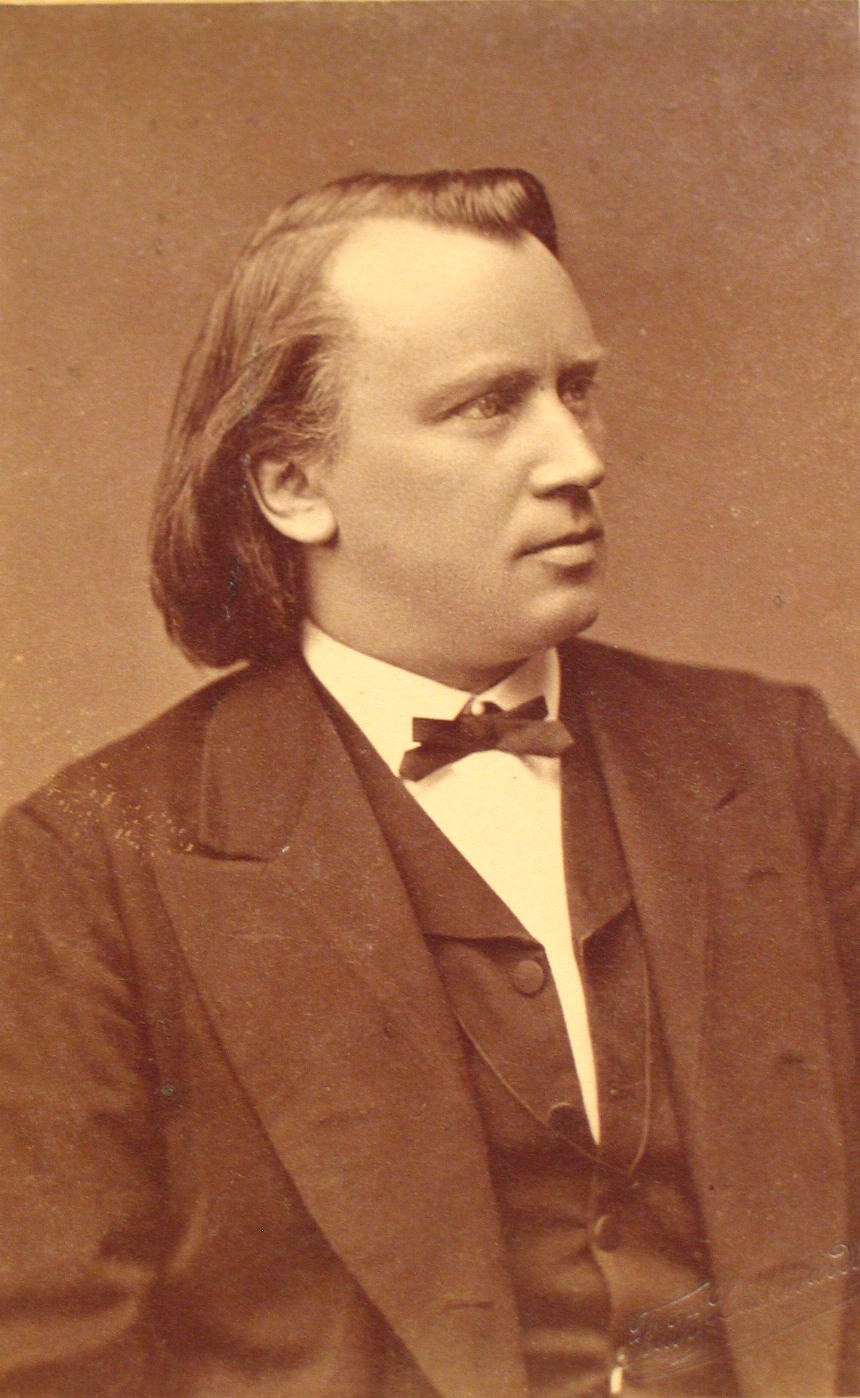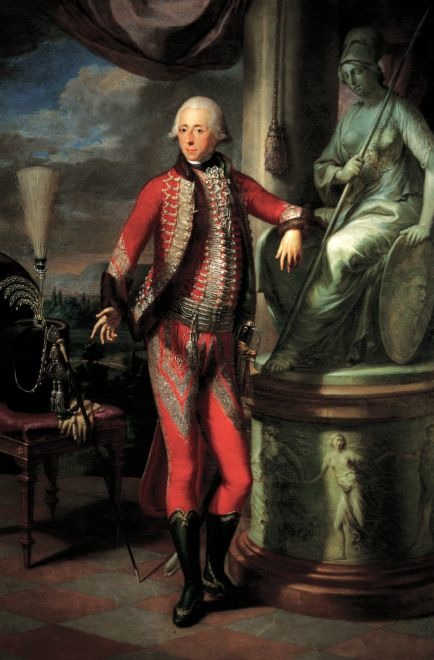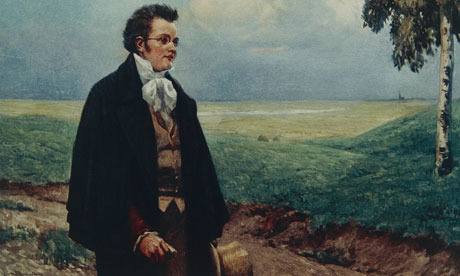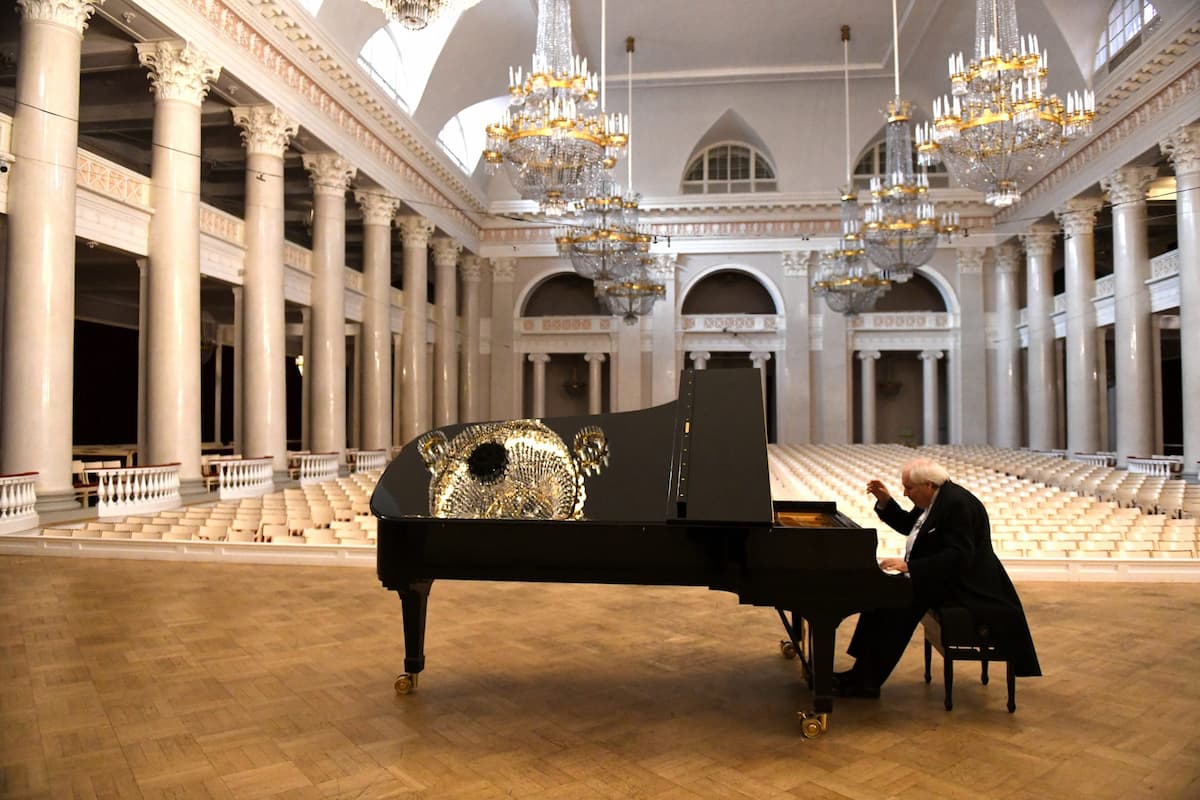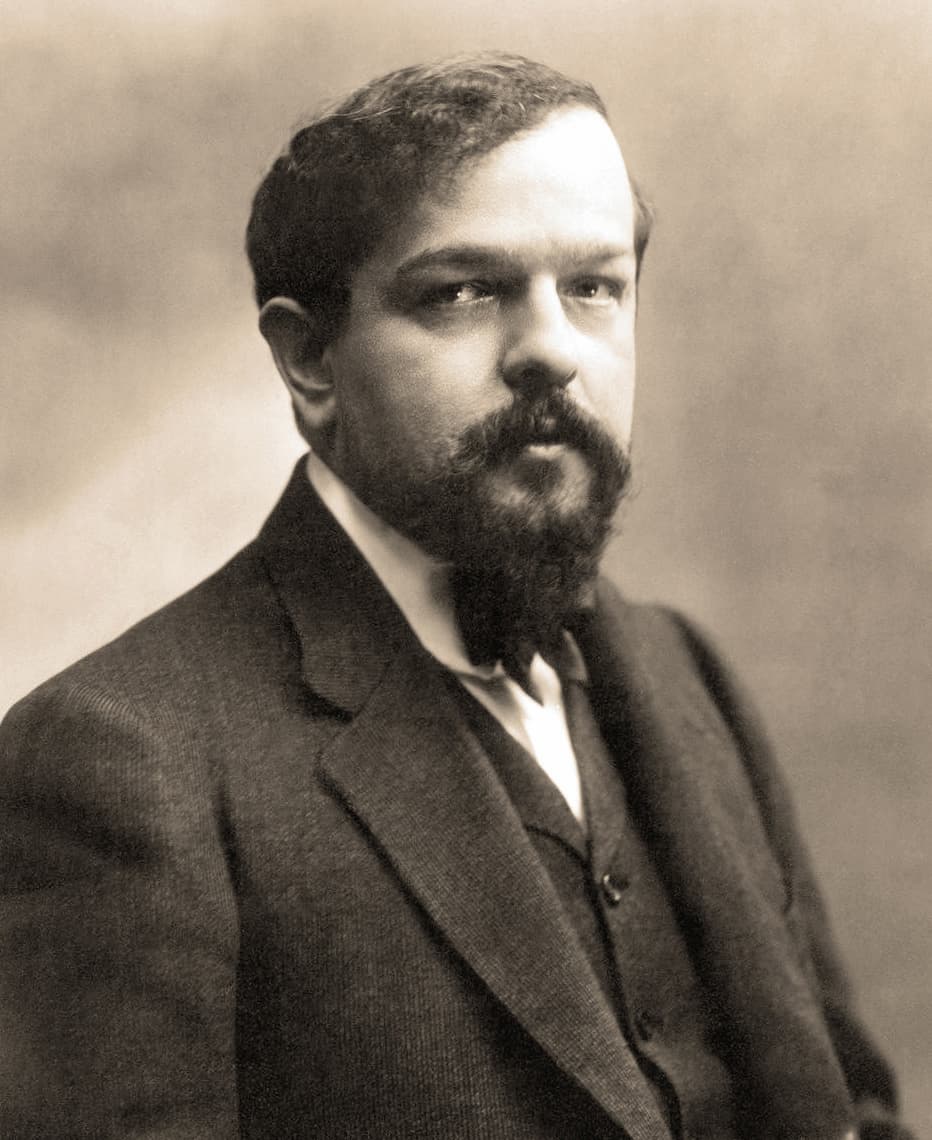
Ernst Pauer
Credit: http://www.bach-cantatas.com/
One of his most interesting works is his book, The Elements of the Beautiful in Music, published in London in 1876. In the second chapter, he looks at the affective properties of keys, as did many other 19th century composers. But, unlike them, he actually listed works that he felt fulfilled his requirements.
For the key of C major, he gave its characteristics as “A pure, certain and decisive manner, full of innocence, earnestness, deepest religious feeling.” For the works associated with these feelings, he chose works by Mozart, Weber, Beethoven, Mendelssohn, and Haydn.
For Mozart, he chose the aria “Done sono I bei momenti?” from Act II of The Marriage of Figaro. This is the Countess’ aria as she thinks on her past happiness when the Count was still attentive and things weren’t so difficult.
Mozart: Le nozze di Figaro, K. 492: Act III: Aria: Dove sono i bei momenti? (Leontyne Price, soprano; RCA Italiana Opera Orchestra; Francesco Molinari-Pradelli, Cond.)
The second aria that Pauer chose was “Vedrai, carino” from Act II of Don Giovanni. This is Zerlina’s aria that she sings to poor Masetto after Don Giovanni has beaten him up. It is indeed an innocent aria, for despite declaring that she has a balm that no pharmacist knows how to make and she carries it within her, she tells him it’s her beating heart.
Mozart: Don Giovanni, K. 527: Act II Scene 6: Aria: Vedrai, carino (Zerlina) (Teresa Berganza, Zerlina; Paria National Opera Orchestra; Lorin Maazel, cond.)
From Weber, he chose the “Chorus of the Maidens” from Der Freischütz. This would be the chorus of bridesmaids in preparation for Agathe’s wedding in Act III, Wir winden dir den Jungfernkranz. Again this is a song of innocence as they dress the bride for the wedding.
Weber: Der Freischütz: Act III: Horch, da krommen – Wir winden dir den Jungfernkranz (Berlin Philharmonic Orchestra; Nikolaus Harnoncourt, cond.)
From Beethoven, he chooses the String Quintet in C major, Op. 29, a strangely neglected work in chamber music, and the Finale of his Symphony No. 5. It is of note that Beethoven’s Fifth Symphony is actually in the key of C minor, but it is this last movement where C major comes to the fore.
Beethoven: String Quintet in C major, Op. 29: I. Allegro moderato (Gil Sharon, Fine Arts Quartet)
Beethoven: Symphony No. 5 in C Minor, Op. 67: IV. Allegro (Stuttgart Radio Symphony Orchestra; Roger Norrington, cond.)
If the String Quintet can be viewed as characterizing “a pure, certain and decisive manner,” it seems that the Fifth Symphony Finale can be all that plus carrying a feeling of “earnestness.”
Mendelssohn’s song “Oh Rest in the Lord” from the oratorio Elijah is the first of Pauer’s examples to depict “deepest religious feeling” when the Angel tells Elijah to trust the Lord and not to worry.
Mendelssohn: Elijah: Part II: O rest in the Lord. (Janet Baker, Angel; New Philharmonic Orchestra; Rafael Fruhbeck de Burgos, cond.)
Mendlessohn’s Lauda Sion, op. 73, is a cantata for choir and orchestra written in 1846, the same year he was writing Elijah, and is about the mysteries of the Eucharist and the Catholic’s doctrine about transubstantiation.
Mendelssohn: Lauda Sion, Op. 73: Lauda Sion Salvatorem, lauda ducem (opening chorus) (Gulbenkian Choir; Gulbenkian Orchestra ; Michel Corboz, cond.)
Pauer closes his discussion of the appropriate works for C major with one more religious piece, this time by Haydn: “The Heavens Are Telling” from his monumental oratorio Die Schöpfung (The Creation).
Haydn: Die Schöpfung: Part I: Die Himmel erzahlen die Ehre Gottes (The heavens are telling the glory of God) (Bavarian Radio Symphony Orchestra; Rafael Kubelik, cond.)
After all of this ebullient C major, you should be feeling rather happy!
Next: C minor

